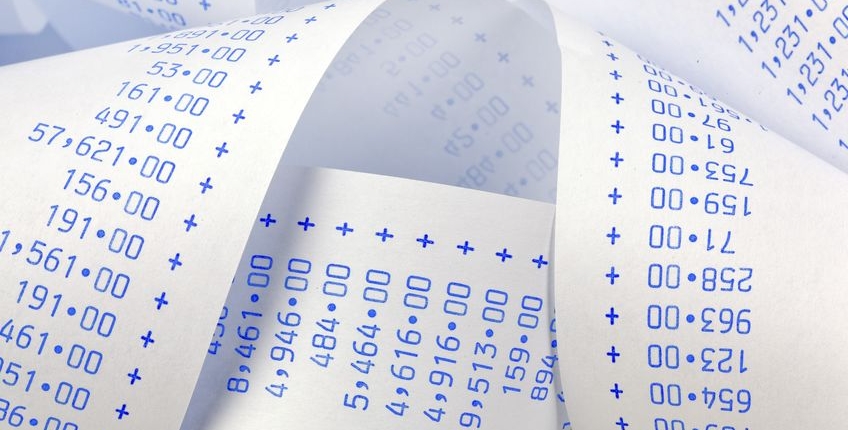Running the Numbers
If you are not on the sidelines in this frenzied market, it important to have a clear understanding of what you will need to do to make your project turn a profit. Motley Fool offers advice on determining if a property you are considering will make or break you and the importance of running these numbers.
- Focus on finding the least expensive property in or near a desirable neighborhood. What makes a desirable neighborhood?
- An area where there a few rentals and inventory moves quickly.
- An area with older homes and older homeowners.
- A depressed area on the rebound
- New construction nearby
- Signs of city improvements
- After you have found an neighborhood, look at comparable properties in your price range to determine the listing and selling price. What you can sell a house for will determine how much money you will need to invest if you expect to compete with other properties in the area.
- Get the property inspected. This will give you an idea of the bare necessities that will need to be done before you begin updating and remodeling.
- If you are not the contractor with a team of subs, have a good contractor that can take care of the items you can not, such a plumbing, roofin, electrical, etc. A good realtor should be able to make a recommendation.
- Use the 70% rule. From Bigger Pockets: The 70% rule states real estate investors shouldn’t pay more than 70% of the ARV minus the repairs needed. If a house is $150,000 and needs $20,000 in repairs, the 70% rule states not more than $85,000 should be paid.
- The math looks like this:$150,000 (ARV) x .70 (ARV percentage) = $105,000
- $105,000 – $20,000 (ERC) = $85,000 (buying price)
- This formula is commonly used by many house flipping investors to decide how much to pay on a fix and flip.
And let me add this – be aware of fees and other cost incurred beyond typical repairs. From Force Flipper:
- Buying Costs (about 1-3% of the purchase price ) – Title work, miscellaneous filing fees, inspection fees;
- Holding (or Carrying) Costs – Property taxes, utilities, insurance, and HOA dues if applicable,
- Selling Costs – Realtor commissions (could be as high as 6%), home warranty, transfer taxes (check to see if that is applicable in your area)
- Financing Costs – Interest payments, points, and closing costs (such as loan origination fee, appraisal fee, processing fee, etc)



